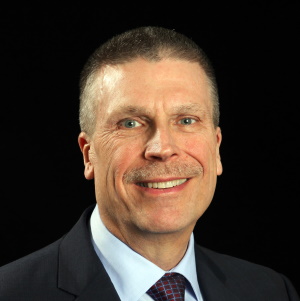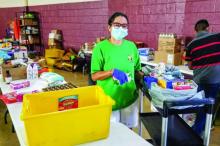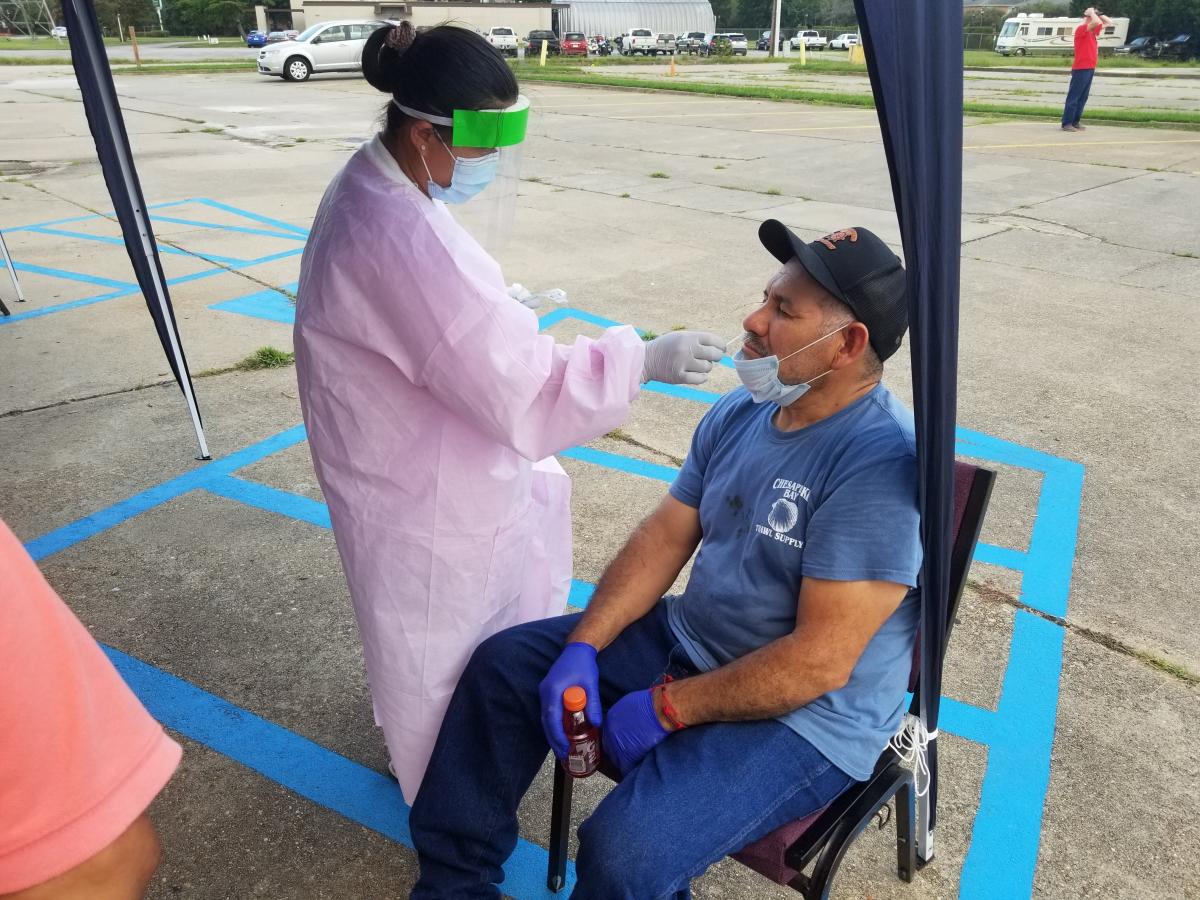Story by Andrew S. Lay
In March 2020, Highland View Academy (HVA) faced a dilemma—how to keep their campus family of faculty and students connected as they faced an uncertain future with a pandemic quickly taking over school and personal life. What started as a canceled Week of Service, followed by the inability for students to return after spring break, turned into a nightmare of Zoom classes, what ifs and unpredictability about the future. Using all known tools to maintain communication seemed to be the answer: emails, Facebook and Instagram posts, phone calls and mailed care packages to HVA students and parents.



 As we reflect on the extraordinary events of 2020, we understand our lives have dramatically changed. The pandemic shut down the economy, prohibited public gatherings and closed churches and schools. Leaders everywhere scrabbled to stay connected—who would have thought Zoom, face masks and social distancing would become part of everyday life?
As we reflect on the extraordinary events of 2020, we understand our lives have dramatically changed. The pandemic shut down the economy, prohibited public gatherings and closed churches and schools. Leaders everywhere scrabbled to stay connected—who would have thought Zoom, face masks and social distancing would become part of everyday life?




 Story by WGTS Staff
Story by WGTS Staff
 Story by Tiffany Doss
Story by Tiffany Doss
